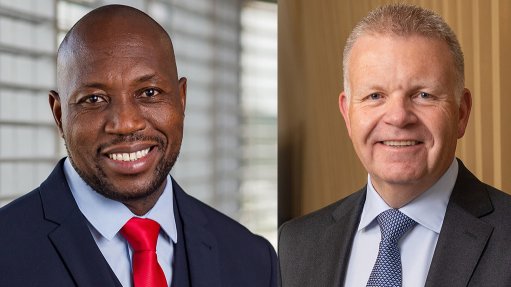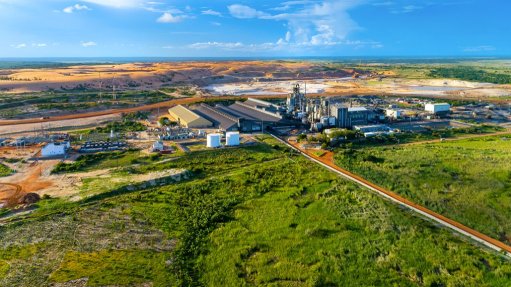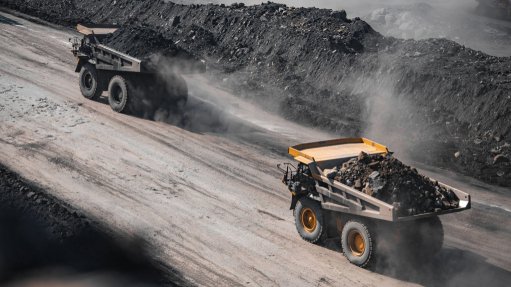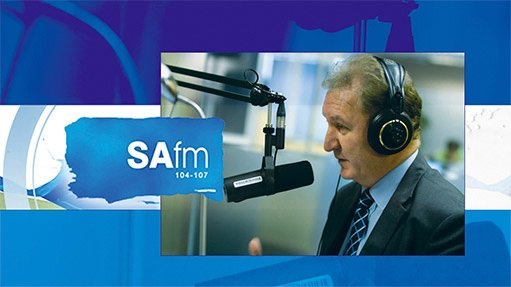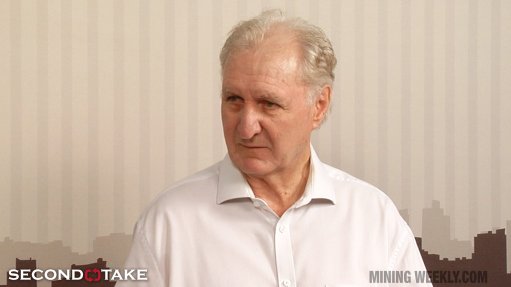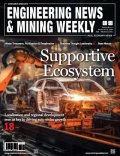Industry must bridge gap between policy, project delivery

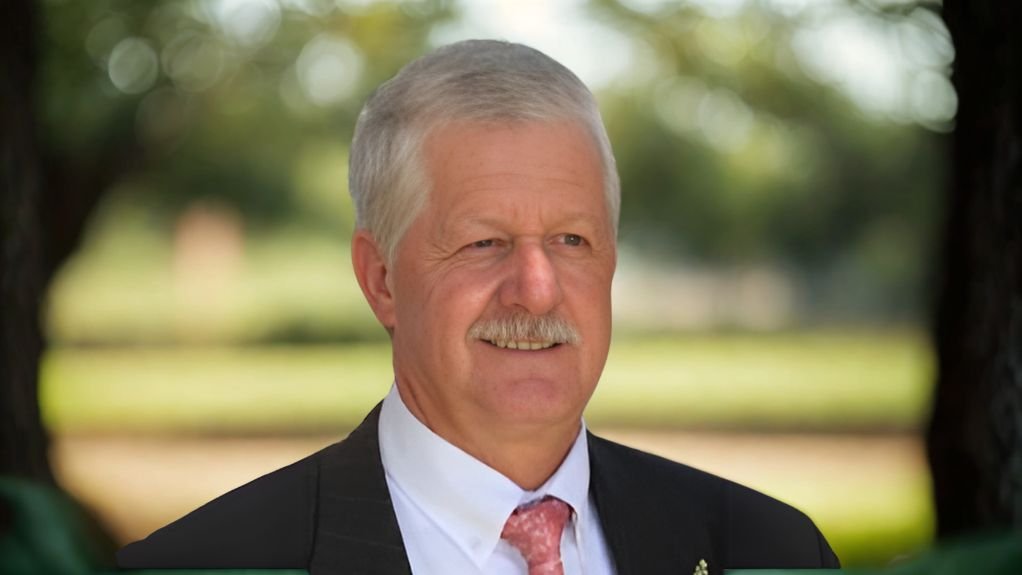
GAWIE ROODT To remain competitive and relevant, AIES is deepening its focus on systems thinking, digital integration and local capacity building
As Africa moves to implement the African Union’s (AU’s) Agenda 2063 and related infrastructure master plans, engineering consultancies, such as Africa Industrial Engineering Services (AIES), are playing a key role in translating continental ambitions into tangible projects.
The company is among many firms aligning their infrastructure consulting work with the goals of high-level strategies, such as the Programme for Infrastructure Development in Africa (PIDA), says AIES director Gawie Roodt.
From cross-border transport links to regional energy and water supply networks, AIES has seen a noticeable uptick in demand tied to these long-term frameworks. But turning vision into delivery means navigating complex regulatory environments, funding delays and political risk – challenges that are often compounded by skills shortages in terms of who is awarded the contract, as sometimes subcontracting takes place and data gaps on the ground, such as understanding and applying subject-specific requirements, result in deviation from design, he adds.
The AU’s Agenda 2063 is a strategic framework for Africa’s socioeconomic transformation and integration over 50 years, aiming to achieve inclusive growth, sustainable development and global influence by 2063.
Roodt explains that, in light of this, AIES has been involved in early-phase consulting for infrastructure projects. In South Africa, the firm provided consulting on steel and boiler component workflows at the Medupi and Kusile power stations for instance.
In West Africa, AIES is contributing to a project in Ghana, under the auspices of the United Nations Industrial Development Organisation, to help improve classification of imported goods and reduce customs fraud. The focus is on upgrading laboratory systems with modern technology, training and processes such as applying the ISO 17025 laboratory management system framework in government laboratories.
Delivering projects across Africa continues to be shaped by complex and varied risk factors, including political instability, inconsistent regulatory frameworks and prolonged funding cycles. Roodt confirms that AIES frequently encounters these hurdles.
“Project delays are often tied to regulatory red tape or unexpected shifts in political leadership that change priorities. It’s not just the availability of funding – it’s how and when it’s released, and who takes responsibility for project continuity.”
In Roodt’s view, early engagement with all stakeholders, including local authorities, funders and community groups, is critical to reducing delays: “We find that many projects benefit from upfront clarity and agreement on definitions, expectations and reporting methods. This saves significant time down the line.”
He adds that infrastructure delivery in Africa requires realistic planning horizons and flexibility to accommodate changes: “You can’t apply a rigid textbook model. Every project needs a tailored approach that considers local governance capacity and practical constraints on the ground.”
Looking ahead, AIES sees sustained demand across the transport, energy and water sectors, driven by population growth, urbanisation and the urgent need for climate-resilient infrastructure.
To remain competitive and relevant, the firm is deepening its focus on systems thinking, digital integration and local capacity building. At the heart of AIES’ strategy is the belief that industrial engineering can bridge the gap between policy and delivery, ensuring infrastructure projects are not only technically sound but socially and environmentally sustainable.
“Industrial engineering brings structure and flow to complex challenges. We’re here to create impact – not just infrastructure,” says an optimistic Roodt, who says “every challenge we face is also an opportunity to innovate and do better”.
Article Enquiry
Email Article
Save Article
Feedback
To advertise email advertising@creamermedia.co.za or click here
Press Office
Announcements
What's On
Subscribe to improve your user experience...
Option 1 (equivalent of R125 a month):
Receive a weekly copy of Creamer Media's Engineering News & Mining Weekly magazine
(print copy for those in South Africa and e-magazine for those outside of South Africa)
Receive daily email newsletters
Access to full search results
Access archive of magazine back copies
Access to Projects in Progress
Access to ONE Research Report of your choice in PDF format
Option 2 (equivalent of R375 a month):
All benefits from Option 1
PLUS
Access to Creamer Media's Research Channel Africa for ALL Research Reports, in PDF format, on various industrial and mining sectors
including Electricity; Water; Energy Transition; Hydrogen; Roads, Rail and Ports; Coal; Gold; Platinum; Battery Metals; etc.
Already a subscriber?
Forgotten your password?
Receive weekly copy of Creamer Media's Engineering News & Mining Weekly magazine (print copy for those in South Africa and e-magazine for those outside of South Africa)
➕
Recieve daily email newsletters
➕
Access to full search results
➕
Access archive of magazine back copies
➕
Access to Projects in Progress
➕
Access to ONE Research Report of your choice in PDF format
RESEARCH CHANNEL AFRICA
R4500 (equivalent of R375 a month)
SUBSCRIBEAll benefits from Option 1
➕
Access to Creamer Media's Research Channel Africa for ALL Research Reports on various industrial and mining sectors, in PDF format, including on:
Electricity
➕
Water
➕
Energy Transition
➕
Hydrogen
➕
Roads, Rail and Ports
➕
Coal
➕
Gold
➕
Platinum
➕
Battery Metals
➕
etc.
Receive all benefits from Option 1 or Option 2 delivered to numerous people at your company
➕
Multiple User names and Passwords for simultaneous log-ins
➕
Intranet integration access to all in your organisation










